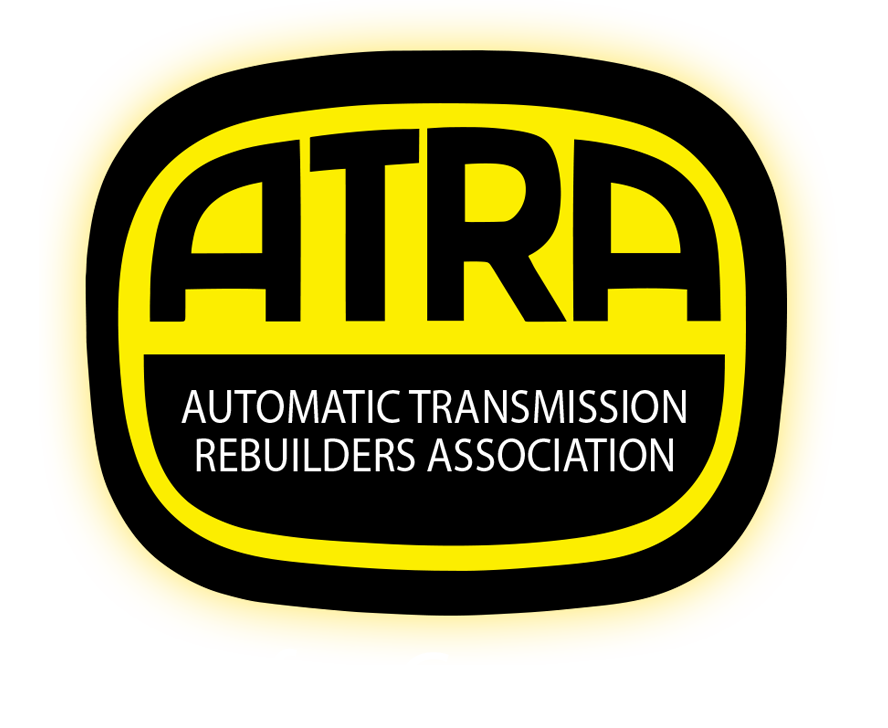Why Diagnosing Transmission Problems Isn't Always Straightforward
Once upon a time, diagnosing car issues was simple: if your transmission wasn’t shifting properly, it was likely a transmission problem. You’d take your car to the transmission shop, and they’d fix it. Easy, right? But like most things, times have changed. Today, when your car’s transmission isn’t shifting correctly, it might be a transmission issue, but it could just as easily be something completely unrelated. The root cause could be hiding in an unexpected place.
A Common Misunderstanding: The Case of the Lurching Car
Imagine you’re cruising down the highway. The converter clutch locks up smoothly. Then, suddenly, the car starts to lurch and buck. You might think, "Bad converter clutch, right?" Maybe. But it could also be an issue with the converter clutch solenoid or its control circuit, which might be opening and closing erratically. Or, it could even be something as seemingly unrelated as a bad spark plug.
Wait—how could a bad spark plug cause the car to buck when the converter clutch engages? Here’s the surprising truth: it happens more often than you think. When the computer activates the converter clutch, it also adjusts the air/fuel mixture, assuming you’re reaching cruising speed. This increases the load on the engine, locking the transmission to it and eliminating any cushion between the two. If the spark plug is worn, the added load combined with the leaner air/fuel mixture can cause a weak spark, leading to an intermittent misfire. And since there’s no cushion between the engine and the transmission, you’ll feel every misfire throughout the car.
Replacing the worn spark plugs can solve the misfire, improving your car's overall performance. This is just one example of how a problem that seems related to your transmission might actually stem from something else entirely.
How Can You Find the Real Issue?
The reality is, diagnosing these kinds of problems on your own is nearly impossible. This is where an experienced technician comes in. A skilled technician has the knowledge and expertise to track down the root cause of the issue, even if it’s not immediately obvious.
And this is why you should expect to pay for the diagnostic process. Often, finding the source of a problem like bucking or slipping is the most challenging and time-consuming part of the job. In the case of the faulty spark plug, for example, diagnosing the issue is what takes the most time and effort.
It’s also important to understand that you shouldn’t attempt to diagnose the problem yourself. If you bring your car to a shop and ask for transmission repair, but don’t explain the symptoms clearly, you might end up paying for unnecessary work. A technician can’t fix a problem if they don’t know what it is. Clear communication about the symptoms is key to avoiding unnecessary repairs.
Trust Your Local ATRA Member Shop for Accurate Diagnostics
Your local ATRA Member shop has all the tools, training, and technical support needed to accurately diagnose and fix the root cause of your car’s transmission or drivetrain problems. They’ll work quickly and efficiently to get your car running at its best—just make sure to explain what you’re experiencing, rather than trying to diagnose it yourself.



